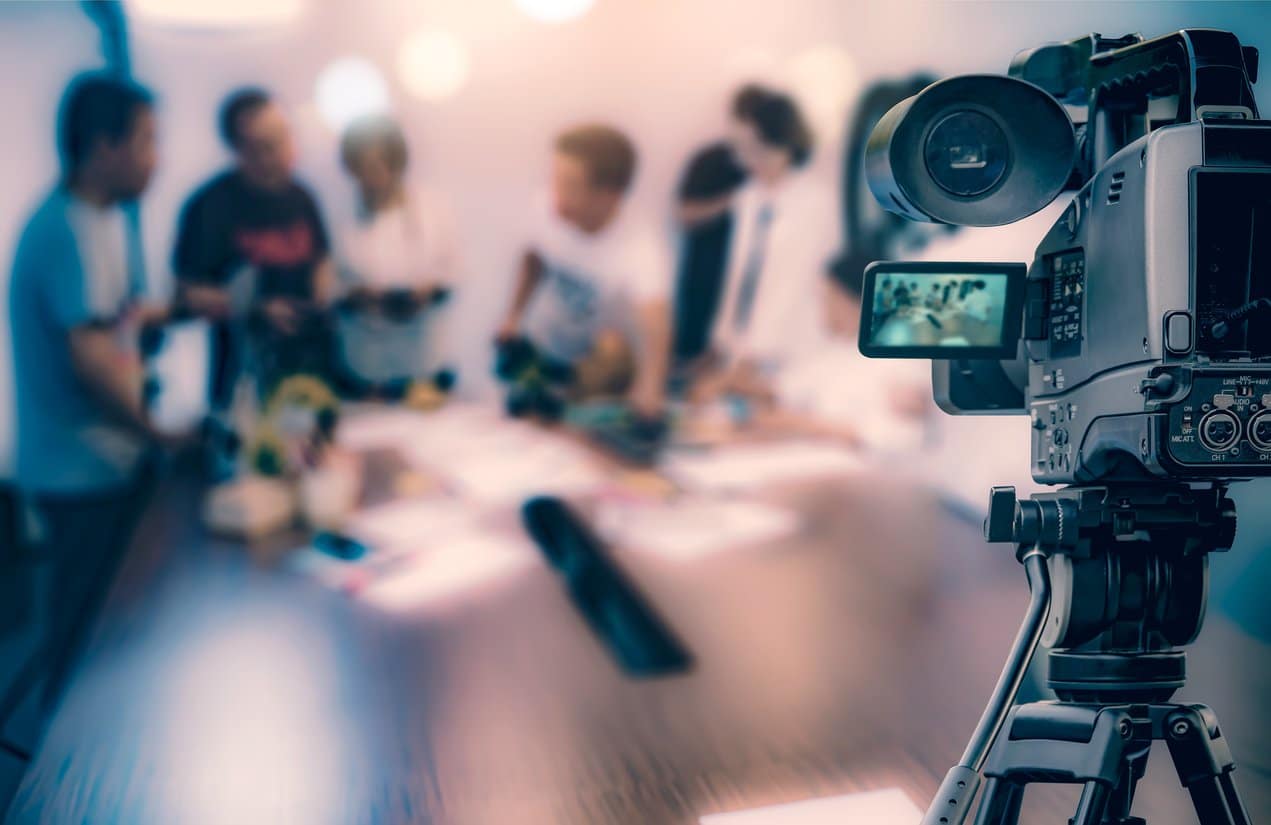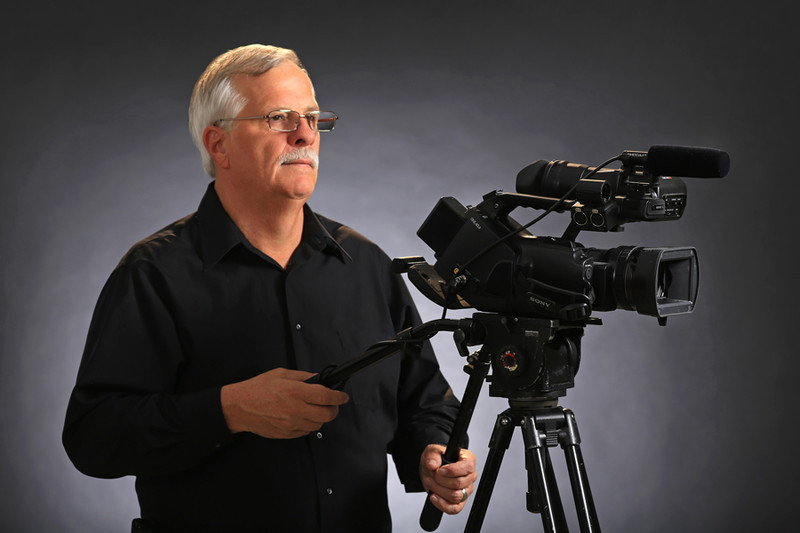The Function of Legal Videography in Depositions and Trials
Legal videography has actually emerged as an essential device in both depositions and trials, supplying a multifaceted technique to documenting witness statements. As lawful experts significantly recognize its worth, it prompts a deeper exam of exactly how these aesthetic records can influence juror perceptions and test results.

Significance of Legal Videography
Lawful videography plays a crucial function in the documentation and presentation of depositions and tests. This customized field integrates technological abilities with lawful knowledge to produce a reliable record of procedures that can dramatically influence case results. The appearance of lawful videography enhances the understanding of witness testimony, enabling jurors and courts to observe not just the talked words yet also the attitude, feelings, and body movement of the witnesses.
In enhancement, lawful videography supplies an unbiased account of events, reducing the potential for misinterpretation that can occur with written records alone. This aesthetic paperwork serves as an important tool during test discussions, promoting a more clear and more persuasive narrative for both complainants and offenders. In addition, the ability to replay video clip sections during court process makes it possible for lawful teams to stress vital points, reinforcing their debates properly.
The significance of lawful videography prolongs past the court; it also plays an essential function in maintaining evidence for future referral, whether for charms or more legal activity. Its combination right into the legal procedure is essential for making sure a fair and accurate depiction of the facts, eventually adding to the pursuit of justice.

Refine of Legal Videography
While recording the subtleties of depositions and tests, the procedure of lawful videography involves several important actions that guarantee top notch, accurate recordings. At first, a professional lawful videographer prepares by reviewing the instance materials and recognizing the particular needs of the deposition or test. This prep work includes acquainting themselves with the individuals and the context, which helps in catching relevant information.
On the day of the recording, the videographer establishes up the required devices, which typically includes high-definition cameras, microphones, and correct lighting. Making sure optimum angles and audio top quality is essential, as it directly affects the performance of the recording. The videographer connects with lawyers and participants to develop procedures, ensuring that everybody understands the recording process.
Throughout the deposition or test, the videographer carefully records the proceedings, paying close focus to both spoken and non-verbal hints. This includes recording the attitude and reactions of witnesses and attorneys. After the session ends, the videographer may edit the video for clearness and compliance with lawful standards, generating an end product that properly shows the proceedings for future referral and use in lawful contexts.
Benefits in Depositions
The incorporation of videography in depositions uses various benefits that improve the overall procedure of gathering proof. One primary advantage is the ability to catch witness testimonies with aesthetic and auditory integrity, providing an extra accurate depiction of the witness's behavior, tone, and body movement. This multidimensional technique allows attorneys and courts to evaluate reliability better than typical written transcripts click over here now alone.
In addition, videographed depositions work as an effective device for protecting testament. Should a witness ended up being inaccessible for trial, their taped deposition can be played in court, ensuring that their evidence continues to be easily accessible and relevant. This facet considerably basics decreases the danger of shedding essential info that can influence situation end results.

Finally, videography enhances the overall professionalism and reliability of the deposition process, instilling confidence in clients regarding the thoroughness of their legal representation (legal videography). By leveraging technology, legal professionals can significantly boost the performance of depositions
Influence on Tests
In lots of trials, the integration of videography can dramatically affect the presentation of evidence and the court's understanding. Legal videography captures witness testaments and essential proof in a dynamic format, permitting jurors to engage with the material on numerous levels. This visual part boosts the storytelling facet of a test, offering context and emotional vibration that conventional text-based evidence might lack.
In addition, video clip recordings can act as effective tools for impeachment throughout cross-examination. When discrepancies emerge in between a witness's prior declarations and their court testament, video proof supplies an objective referral that can persuade jurors' viewpoints. This immediacy and clarity can strengthen the reliability of an event's story while at the same time threatening opposing disagreements.

Future Trends in Legal Videography
As we look toward the future of lawful videography, several arising trends promise to improve its function within the courtroom. One considerable trend is the combination of man-made intelligence (AI) in video clip evaluation and modifying. AI can simplify the process of identifying crucial moments in recorded depositions, allowing lawyers to swiftly access pertinent content, consequently enhancing efficiency in instance preparation.
Furthermore, the increase of online fact (VR) and augmented truth (AR) modern technologies is anticipated to change how jurors experience evidence. legal videography. By submersing jurors in a simulated setting, these modern technologies can offer a much more extensive understanding of complex scenarios, causing more educated considerations
Additionally, the raising need for remote depositions, sped up by the COVID-19 pandemic, will likely continue. Lawful videographers will need to adjust to brand-new software and platforms to make sure high-quality recordings in digital settings.
Last but not least, the expanding focus on data safety will demand more stringent protocols for storing and sharing video clip proof. As the legal landscape progresses, lawful videographers should stay abreast of these patterns to keep their significance and efficiency in the judicial process.
Final Thought
In summary, lawful videography offers a vital feature in the judicial procedure, boosting the integrity of depositions and trials. As innovation continues to progress, lawful videography is poised to additional change its duty within the lawful landscape.